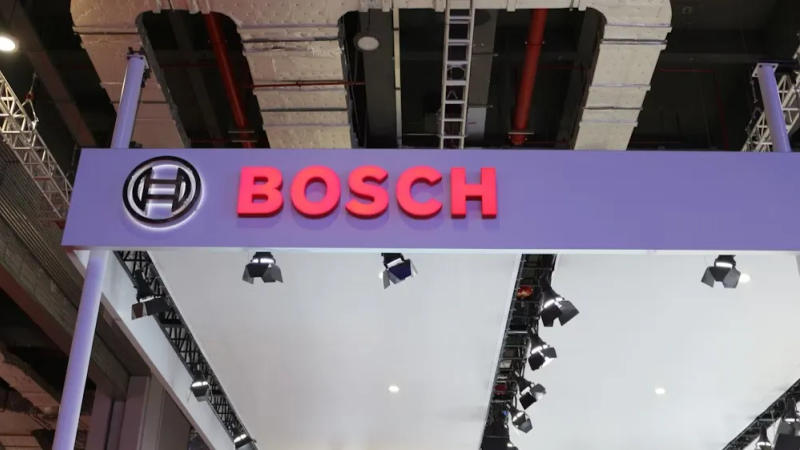Published 16:01 IST, July 4th 2024
Bosch’s Whirlpool bet may end in rinse cycle
Germany’s privately-held conglomerate Robert Bosch has been talking to potential advisers about the possibility of making an offer for Whirlpool.

Washed up. Robert Bosch’s U.S. M&A load may end in the rinse cycle. The German conglomerate which primarily sells car parts is mulling a bid for the $5.6 billion home appliances maker Whirlpool, according to a Reuters report citing unnamed sources. Expanding into the United States makes sense given growth in its main European units is tepid. But if interest rates and inflation keep hurting U.S. consumers, the investment may fail to come out in the wash.
Bosch Chairman Stefan Hartung’s U.S. expansion plans are well underway. In the past two-and-half years he bought a processing facility that produces specialised chips for electric vehicles from U.S. chipmaker TSI Semiconductors and HydraForce, a U.S-based hydraulic-systems maker. And he can afford to do more. The company has 5.3 billion euros ($5.7 billion) of net cash.
The U.S. pivot makes sense. Economic growth in the Americas is forecast to reach 1.8% in 2024, twice as fast as Europe, according to Bosch’s analysis. But Hartung needs to take bigger bites given half of the company’s 92 billion euros worth of sales come from Europe whereas the US accounted for just under a fifth.
Europe’s economic malaise is also hitting Bosch’s business. Sales in Bosch’s core automotive business, which accounted for nearly 60% of the company’s 2023 sales, rose 7% last year. But it is forecasting stagnant vehicle production in 2024. This may hurt Hartung’s long-term aspirations of boosting Bosch’s operating margin from 5.3% to at least 7% by 2026 and delivering annual sales growth of between 6% and 8%. Last year, the company managed less than 4% growth. Hartung may be betting that hoovering up Whirlpool will get him closer to his targets.
At first glance, Whirlpool — known for its washers and dryers — seems to hit two birds with one stone. Bosch sells more premium brands but its share of the North America appliance market is just 1.5%, while Whirlpool commands a quarter of the market, according to Goldman Sachs analysts. But Whirlpool’s dominance is in jeopardy. The company’s sales are expected to fall 14% this year, according to estimates compiled by LSEG. In a business that is highly dependent on growth in the housing market, Whirlpool understandably blamed weak sales on stubbornly high interest rates. CEO Marc Bitzer expects little improvement in North America this year without two or three interest rate cuts. Whirlpool’s operating margin also deteriorated from 11% in 2021 to just 6.1% last year.
The risk is that inflationary pressure and high interest rates keep a lid on Whirlpool's sales. Its depressed share price may also be part of the appeal: Whirlpool’s stock has fallen around 60% from a 2021 peak. But after factoring in $6.4 billion of net debt, the company’s enterprise value is 7.8 times the EBITDA analysts expect it to deliver in 2025, RBC reckons. That’s not much of a discount to peers which trade on a multiple of 7.9 times, according to the bank. If Hartung overpays, the stain from the deal may be tricky to remove.

Context News
Germany’s privately-held conglomerate Robert Bosch has been talking to potential advisers about the possibility of making an offer for U.S. appliances manufacturer Whirlpool, Reuters reported on June 26 citing three people familiar with the matter. The sources said it was not certain that an offer would be made, and asked not to be identified because the matter is confidential. Bosch and Whirlpool declined to comment. Whirlpool’s stock price has risen 16% since June 25 to $100.85 on July 3.
Updated 16:01 IST, July 4th 2024
